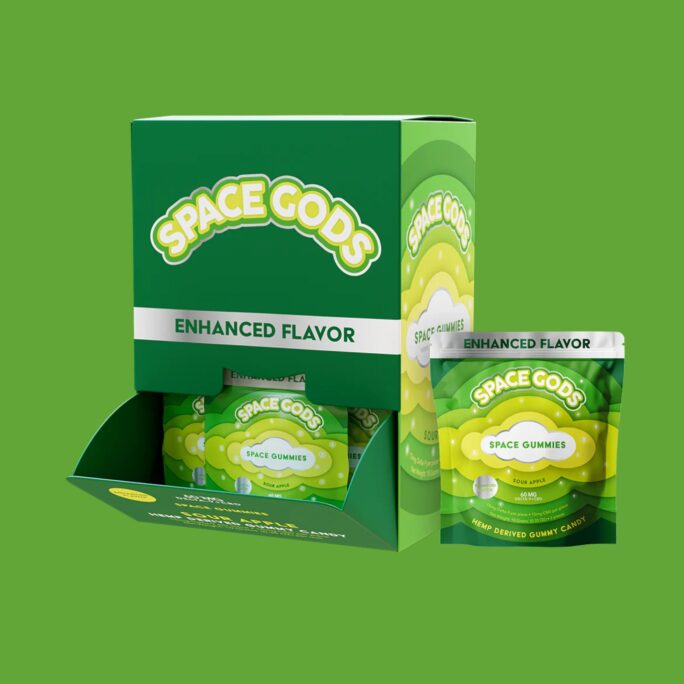
What are the pros and cons of CBD oil for pain?
CBD has been a hot topic in recent years, with many people turning to it as a remedy for pain.
CBD is known for its potential health benefits, including reducing pain and anxiety, promoting better sleep, and reducing inflammation.
But what exactly is CBD and how does it work for pain? In this article, we’ll explore the CBD pros and cons of using CBD for pain relief.
What is CBD Oil?
CBD comes in many forms. Topically, CBD can be utilized in the form of a CBD salve, cream, or lotion.

CBD is a compound found in the cannabis plant, along with its more well-known counterpart THC .
A number of studies have been conducted on the efficacy of CBD oil for pain relief.
In a recent study conducted on elite athletes, a topical CBD was helpful in treating joint and muscle pain.
In a 2021 study published in the journal Frontiers in Neurology, researchers found that CBD has the potential to manage chronic pain by reducing inflammation.
Another study published in the journal Pain in 2019 found that CBD may help reduce chronic pain, improve sleep quality, and increase overall quality of life in those with chronic pain conditions.
In addition to these studies, many people have reported significant reductions in their pain levels after using CBD.
This is likely because CBD interacts with the body’s endocannabinoid system, which plays a role in regulating pain perception and other physiological processes.
Pros of CBD oil for pain relief
- Targeted pain relief: Topical CBD is applied to the area of pain, providing localized relief without the need for oral consumption. This allows for more targeted treatment of pain symptoms.
- Reduced inflammation: Studies have shown that CBD has anti-inflammatory properties, which can help alleviate pain associated with conditions like arthritis and muscle soreness.
- Non-psychoactive: Unlike THC, the primary psychoactive compound in cannabis, CBD does not produce a “high” and is safe for daily use.
- Minimal side effects: Topical CBD is generally considered safe with few reported side effects. It’s also less likely to interact with other medications compared to oral CBD.
- Multiple product options: Topical CBD products come in various forms, such as creams, gels, and patches, providing consumers with multiple options for application and dosing.
Cons of CBD oil for pain relief
While there is a growing body of evidence supporting the use of topical CBD for pain relief, there are also some potential drawbacks to consider.
- Limited research: Although research suggests that CBD may have pain relieving effects, studies are needed to establish its long-term efficacy.
- Inconsistent dosing: CBD concentration and quality can vary between products, making it difficult to determine the appropriate dosage.
- Absorption rates: Skin can be a barrier to absorption, which may reduce the effectiveness of topical CBD for some.
- Cost: Topical CBD products can be expensive and isn’t covered by insurance, which may limit their use.
- Medicine interactions: CBD may interact with other medications you are taking. CBD can interact with certain medications, including blood thinners, and can decrease in the effectiveness of the medication. It’s important to talk to your doctor before starting to use CBD.
- Legal and regulatory challenges: The legal status around CBD can vary between countries and states, which can create confusion.
Finally, there is still much that is unknown about the long-term effects of using CBD oil for pain relief.
In the coming years, as more research is conducted, the benefits of using CBD for pain will be learned.







